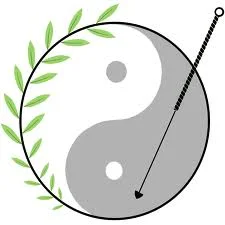Acupuncture Statistics
yinyang
Many people want to know if acupuncture is effective for specific conditions. The World Health Organization's 2002 Review of Randomized Controlled Acupuncture Trials shows very promising data. (5) They grouped their results this way:
28 diseases for which acupuncture is undoubtedly effective
63 diseases for which acupuncture has been shown effective but more proof is needed
9 diseases Western medicine can't treat well (proof is weak but acupuncture is worth trying), and
7 diseases in which acupuncture could be tried if the practitioner has sufficient medical knowledge and equipment.
Also, keep in mind acupuncture has been around for thousands of years, so there are several different styles. Just as there are many different kinds of yoga, martial arts, massage, pharmaceutical pain relievers and exercise. One style may work well for some individuals but not others. If one acupuncture style did not work for that particular disease, try another.
Many people seek acupuncture for pain but get benefits they didn't even know were possible. In 2001, Members of the British Acupuncture Council surveyed 132 acupuncture patients, and found that:
Their physical symptoms were relieved 75% of the time.
Their emotional and mental symptoms were relieved 67% of the time.
In addition, 54% felt "inner life changes," and
27% experienced "major life changes."
42% of the patients changed their reason for coming at some point during the course of their treatment. (6)
As acupuncturists, we are continuously educating our patients. Most people are raised with typical Western-based ideas of health. Acupuncture theory is new and foreign to most patients. So, we try to take the necessary time to explain what we can and cannot treat, how acupuncture and Chinese herbal formulas work, and what patients should expect.

